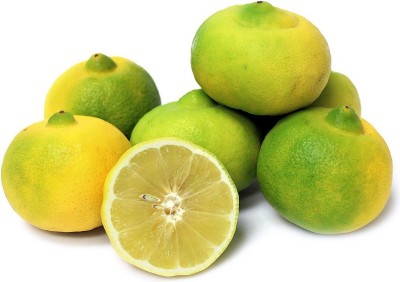Klone Roman Sweet Limetta Seed Seed(10 per packet)
Quick Overview
Product Price Comparison
The fruit is not at all similar to the Sweet lime. The flowers are borne singly in the leaf axils or in terminal clusters of 2 to 10; the fruits may be solitary or in bunches of 2 to 5. A yellow rind with a distinctive and aromatic oil, pale yellow flesh, and a few, if any, seeds. Although it is succulent and juicy, its low acid count makes it an acquired taste. This flat taste is popular in the Middle East and India Sweet limes are native to India where they are grown commercially. They are also a commercially grown citrus in Egypt, the Near East and Latin America. Sweet lime trees are also used as rootstock, even though their rootstock is prone to disease. Sweet limes have very little presence in American horticulture outside of ornamental use and as a garden tree. Most sweet limes can be found at farmers market and at Latin American markets. Sweet limes bear fruit in the winter months. Work a small amount of water into sterile, good quality potting soil until it is moist but not wet. 2 Fill small, plastic containers that have drainage holes in the bottoms with the potting soil. Use seed trays with individual divided compartments or separate containers such as yogurt cups that have been cleaned and have holes poked in the bottom. 3 Push one sweet lime seed into each container to a depth of about one-quarter inch. Cover the seed with soil and pat the surface lightly. 4 Cover the containers with plastic wrap or place them in a plastic bag and seal to retain moisture. If the containers remain sealed in plastic for the duration of the germination period, you should not have to add any water. However, if the soil becomes dry to the touch, use a spray bottle and mist the soil lightly to restore it to a moist state, but not wet.


